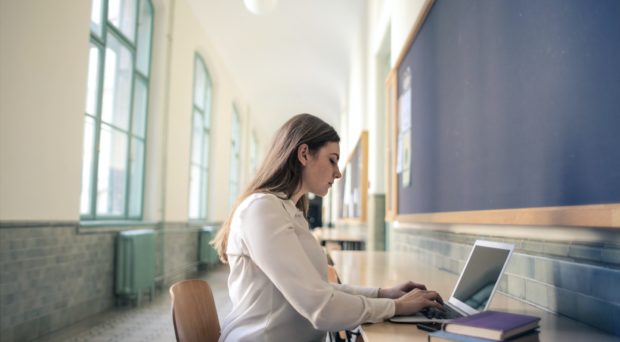
压力和窃
Higher education assessments like essays and reports are designed to measure students’ learning. However, when students engage in academic misconduct like plagiarism or cheating, this undermines the value of assessment as a measure of their learning. Anecdotally, when students are feeling stressed, anxious, or depressed they sometimes resort to plagiarism or cheating to get through their assessments.
Feeling bad, was related to more engagement in plagiarism and cheating by students.
Importantly, many more higher education students experience severe negative emotionscomparedwith average adults. Moreover, the Covid19 pandemic has been a stressful time for many students with the challenges of isolation, online learning, and fear of the virus itself. Previousresearch(see alsohere) has shown that negative emotions are related to students seeing plagiarism as more acceptable and as more common among their peers. However, it was not known whether these beliefs translated into increased plagiarism and cheating among students.
In two new studies, we found that the influence of negative emotions on these beliefs does translate into increased plagiarism and cheating among students. Feeling bad, was related to more engagement in plagiarism and cheating by students. Students’ negative emotions were also related to more permissive attitudes toward plagiarism, perceiving plagiarism as more normal, and increased intentions to plagiarise. Together, the impact of students’ negative emotions on attitudes, perceived norms, and intentions predicted their engagement in academic misconduct.
[T]he pressures students experience may be part of the reason why misconduct has increased.
Assessment misconduct through negative emotions
An implication of our studies is that we may expect to see an increase in assessment misconduct by students through a stressful time such as the Covid19 pandemic. Indeed,evidencehas already emerged of increased cheating since the start of the pandemic. Thus, the pressures students experience may be part of the reason why misconduct has increased.
Teachers can help
这些新研究为高等教育的教师和管理人员提供了许多选择,以减少学生的学术不当行为。首先,学术机构可以通过提供课外活动,咨询服务并促进社会参与来直接和间接地管理负面情绪。其次,教师可以通过评估本身来减少负面情绪的原因,这些评估本身有助于评估是一种压力很大的经历。例如,提供有关评估,有用的反馈和合理截止日期的明确和支持的信息。
注释